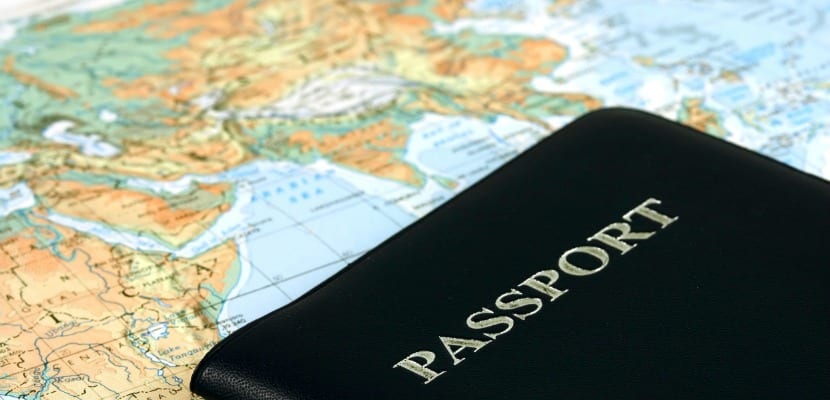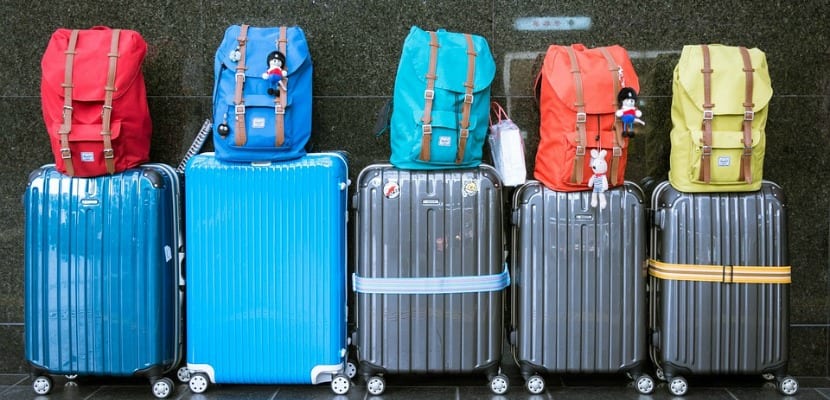
Summer is the ideal time to take that trip we have been dreaming of all year. A getaway that becomes an adventure to an unknown, distant and exotic place from which we take unforgettable memories when we return.
Getting a good vacation will not only depend on the chosen company or destination but also on a series of factors such as knowing the local customs of the place we will visit, the peace of mind of knowing that you have contracted travel insurance, knowing how to contact the embassy of our country or verify if you need an entry visa in the chosen country. In short, try not to leave anything to chance that could disturb our rest with some unpleasant surprise.
En este sentido, the Spanish Ministry of Foreign Affairs meticulously updates its website with the information that embassies and consulates send periodically. Before leaving for any destination, it is advisable to take a look to know the recommendations that this institution makes to travelers before traveling to certain countries.
The increase in the international terrorist threat and, consequently, the deterioration of the security situation in much of the world has increased the risk that Western citizens could be the target of an attack or a kidnapping. Therefore, The Ministry of Foreign Affairs and Cooperation strongly urges travelers to take precautionary measures, avoid risky situations and register at the corresponding Embassy or Consulate General of Spain.

Which countries do you advise against traveling to?
In total, traveling to 21 countries in the world located in Africa, Asia and Oceania is discouraged due to its dangerousness: Libya, Egypt, Somalia, Chad, Nigeria, Liberia, Guinea Bissau, Mauritania, Niger, Burkina Faso, Mali, Central African Republic and Burundi in Africa; Afghanistan, Iraq, Iran, Lebanon, Pakistan, North Korea, and Syria in Asia; and Papua New Guinea in Oceania.
Africa
It is the continent that includes the largest number of dangerous countries to visit. Most of them are immersed in conflicts or political instability and the safety of tourists is not guaranteed because there is a risk of terrorist acts, robberies with violence and kidnapping for foreigners.
It is also advisable not to move away from urban centers and more touristy areas and to always be accompanied. Never travel at night, do not go to political gatherings and avoid routines in schedules and trips.
Asia
The Foreign Ministry advises against traveling to various countries on this continent due to the armed conflicts in the region or the risk of a terrorist attack. Local customs can also be a source of problems if they are not known or respected. For example, public displays of affection are prohibited in Islamic countries, cohabitation is illegal, and public dancing may be punishable by law.
Oceania
The Ministry of Foreign Affairs only advises against traveling to Papua New Guinea within Oceania. In other oceanic countries, it is recommended to keep informed of the weather conditions as well as to avoid approaching public buildings and military concentrations given the volatility of the political situation, as there may be outbreaks of violence.

Recommendations when traveling
Registration in the Travelers Registry: The Registry of Travelers of the Ministry of Foreign Affairs allows all the personal data of tourists and those of their trip to be recorded so that, with all the guarantees of confidentiality, they can be reached in the event of an emergency.
Photocopies of documentation: To avoid scares in case of theft or loss, it is recommended to make several photocopies of our original documentation (passport, insurance policy, traveller's checks, visas and credit cards) and keep the copies and the originals separately.
Take out medical and travel insurance: Since in many countries hospitalization costs are borne by the patient and can be very expensive, it is recommended to take out medical insurance that, in case of illness or accident during the trip, ensures full coverage. Travel insurance will also help us in case of theft, loss of flight or luggage.
Bring sufficient means of payment: It is advisable to carry enough money to pay and deal with possible contingencies during the trip, whether in cash, traveler's checks, or credit cards.
Respect local laws and customs: Actions that are legal in our country of origin may not be legal in the country to which we are going. For this reason, it is advisable to inquire in detail about the destination. It is also essential to take care of clothing as certain clothing can hurt sensitivities and lead to uncomfortable misunderstandings. Especially where religion marks the way of life of the people.
Know the language: Although it is true that speaking English you can travel all over the world, it does not hurt to learn new languages. Possessing a minimum of knowledge of the local language is a way to socialize and the natives will surely appreciate the effort.